I am thinking a lot about language these days.
Thinking in English, if you're wondering. Because English is my only language.
In elementary school, a school transfer caused some temporary blip, and I missed out on French entirely. I assumed I'd fallen behind so far I could not catch up. I was afraid of being behind and never signed up for French at all.
I know more Spanish than French now, which is not a lot. Not so much that I can order in Spanish at Paraiso Tropical, my neighbourhood Latin food store. Not so much that I feel confident to say 'hola' when I enter or 'gracias' when I leave.
Language and confidence have a lot to do with each other. Fluency builds self-esteem and pride.
“I know what it is like to feel alienated by language, but I don’t know what it is like to feel alienated from my language. ”
In Guatemala, I learned quickly. Mostly, I learned the numbers and how to say 'yes' and 'no.' I learned to say 'I'm just looking.' I still remember that phrase. Mine was a transactional Spanish. Survival Spanish.
I know what it is like to feel alienated by language, but I don't know what it is like to feel alienated from my language. I don't share that experience with so many Indigenous people in our country.
Saturday afternoon I am listening to Lana Whiskeyjack's artist talk.
Her show, the name of which I cannot pronounce, has just opened at the Bleeding Heart Art Space. She is telling us about these beautiful women she has painted and photographed. She is telling us stories of strength and resilience; power and grace. Then she speaks of language.
In residential schools, her ancestors were told not to speak their mother tongue. They were punished if they spoke it. I've heard of this particular indignity many times lately. How children had their language stolen from them. How children would return to their parents unable to communicate.
The Sunday before I am at church and Sunny is telling us why he prayed in Cree. How his mother was one of those children who lost her language. How she was unable to pass this on to him. How late in life, Sunny discovered a Cree class and has been learning now for three years. He beams with pride telling us this. It's an emotional testimony.
“What precious understandings are wrapped up in a particular language? What might I learn about the earth and love and people and my Creator from Cree? ”
I hear these stories and wonder what it be like to have no shared language with my own children? What is it like for our indigenous people who have had their language stolen from them? What precious understandings are wrapped up in a particular language? What might I learn about the earth and love and people and my Creator from Cree? Are there lessons English cannot teach me?
Lana Whiskeyjack tells us how the English translation of this or that term doesn't do it justice. She tells us how the word for eyes also speaks of heaven.
I wonder whether English is a thin language–a sieve where meaning slips through.
I imagine Cree as a language resting high up in the tree that English tries to climb with poetry.
Lana Whiskeyjack shows us the tattoo on her forearm. Syllabics, the characters of her Cree language, are there in a star formation–there to remind her always.
I notice her leggings, marked with what I assume are more Syllabics. Someone confirms this later.
What does it mean to love language in this way? To tattoo it on your arm?
“I imagine Cree as a language resting high up in the tree that English tries to climb with poetry. ”
It has always struck me that in the Bible, language is used to divide us, and to unite us again. At Babel, language becomes a curse, driving us out to the corners of the earth and crippling us with misunderstanding. At Pentecost, God pulls us together by speaking every language. We speak each others' languages in one massive miracle. The fire of the Holy Spirit rests on heads in the form of tongues. Tongues ablaze. When the Holy Sprit visits people later on in the story, in the book of Acts, they speak in strange new tongues. The language of heaven? Language that transcends all language, perhaps?
The name of Lana Whiskeyjack's show is "beautiful women". Or it is "women who are beautiful". But really, it is neither. The correct name of her show is "kâ-katawasisicik iskwêwak". I still cannot pronounce it, but it sounds like honey on Darlene's tongue as she lays it out for us. So let us go with that name. Let us try to learn that name together.
Let that name be the horizon that calls us forward. That Cree name.
May we honour the language that has survived such pain. A language weaved like vines into sacred knowledge much older than our Western ways of dominating this land.
Not long ago on this blog, I told you I am a white guy who has no idea what he is doing. That is still true, but I am determined to learn.
One of the first things we learn is language.
Lana Whiskeyjack's show, kâ-katawasisicik iskwêwak, is open Thursdays from 6 PM - 8 PM and Saturdays from 11 AM - 3 PM at Bleeding Heart Art Space.


